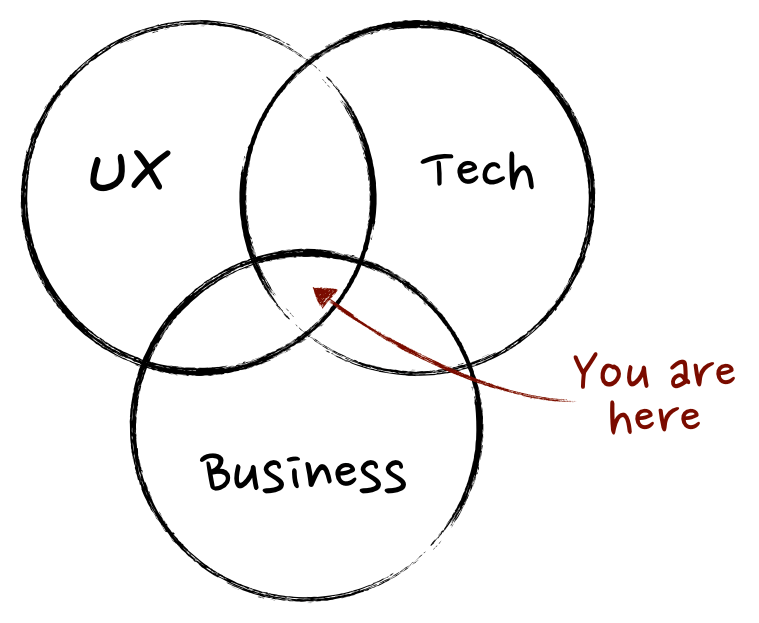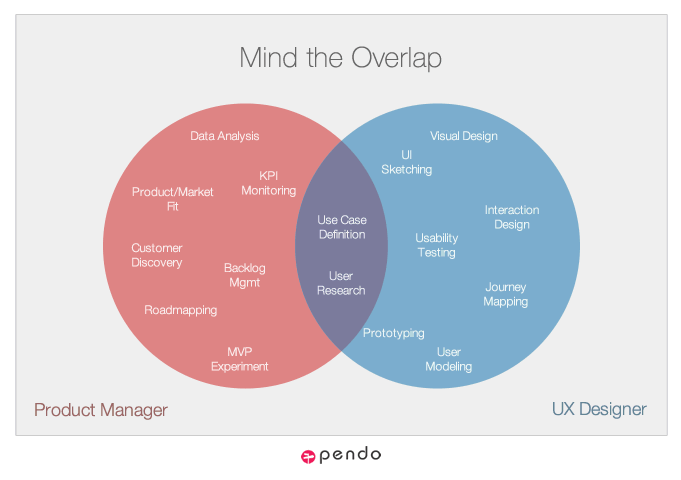Software Engineer Career Paths
that Transcend the Senior Developer

Perhaps you’re wondering what lies beyond the software engineer career paths? We covered the “standard software engineer path” from Zero to Senior Engineer. Being a senior software engineer can open other opportunities for you when you become a senior software engineer. You get to choose your adventure on the side. Maybe you want to work your way up to be a CTO or stay as a software engineer and do freelance work on the side? Or perhaps you’re thinking of starting a SaaS? We got you covered
IT CONSULTING: The easiest transition of all software engineer career paths
This was the most engaging in all my years of software development as I worked with an excellent network of people working on high-impact, high-profile projects. In my opinion, this is one of the easiest ways to earn a lot of money on the side (and move to full time). With the right company (or marketing), you are exposed to so much change, transition, and constantly engaging with new prospects and colleagues work with. This puts you at an incredible advantage if you’re strategic about your relationships. (Key point: your relationships will outlast your jobs.)
Doing this as a side business or a full-time freelancer puts you in the driver’s seat on how much you get to charge. If you do good work for a market, you should be aiming at least $100/hour for your time (unless you’re setting by the project - when starting, you should almost always do it by the hour).
Doing side consulting work is an excellent way to get started in a new technology role (Upwork or coder). You set the price, and over time, as you develop your skills (get paid to learn!)
TECHNICAL ENGINEERING MANAGER:
The most common software engineer career path
So you want to work your way up to management and become a VP of sorts? Engineering management is a common path for software engineers to move up the corporate ladder. However, going this route is usually bit of a career change for most developers as they’re now expected to ramp up the efficiency of a team of developers, which means you have to have your people skills down!

Your “product” will no longer be measured in code commits but a lot on interviewing new hires and managing the people on your team. This means your decisions will have a higher impact on the company. Since you’re dealing with humans, progress will seem much slower than immediate feedback when you upload a change to your CI pipeline.
Management never appealed to me (the consultant/entrepreneur paths did), so it was interesting to see the social dynamics of my team members that are my managers. This meant we could no longer entirely hang out socially as they would have access to confidential information. They’ll have a team to manage; they are still middle managers and have their bosses.
Managing people and working with machines at a high level is a valuable talent stack to have best said in this quote below:
“The best individual contributors are the ones who have done time in management. And the best technical leaders in the world are often the ones who do both. Back and forth. Like a pendulum.”
- from https://www.tines.com/blog/engineering-management-at-tines
PRODUCT/PROGRAM MANAGER Career Path

The most common Venn diagram I’ve seen around is this one:
These guys serve a unique role but I'll tell ya, having a great PM (product manager) can be such a great asset for any software development team. I remember when they typically had to create PRDs (Product Requirement Documents) by getting all the product requirements and putting them in UML-like Visio diagrams, usually working with the software architect. Nowadays, with the popularity of agile, they generally don’t need a full complete set of specs. Instead, their job is to communicate what needs to be done with the stakeholders and developers. Then, come up with solutions and estimates in a much shorter time frame. This is one of the software engineer career paths to take should they feel they want more variety in their day.

However, the role can be ambiguous as PMs have more than one domain to be responsible for. A coder takes care of the tech; the UI developer drives the UI’s decision. What about prototyping? Does that belong to the UI developer or the PM?
Welcome to the real world.
The best PMs have a solid understanding of technology with clear boundaries or a robust and flexible team. Otherwise, they likely tend to lean on the tech leads, as I’ve seen many times (it’s not pretty). The tech lead tries to let the PM run the meetings, but they have to take over when things get a bit technical, so it can be a strange position if you’re not a technical person. As you can see in the Venn diagram, which is an oversimplification to make a point, it requires working with tech, biz, and customers to drive results. So there’s a lot more variety in this type of work and reward as you’ll be a part of the product creation rather than just ‘managing people.’
DEVELOPER RELATIONS (DevRel)

Thanks to the age of social media, this one of the more unique software engineer career paths for those who like the limelight. Also considered a “developer evangelist” who's job is to promote their software products to other software developers. Since this is ultimately a marketing gig, this role works fantastic when they like the tool they promote and show a genuine passion for the product they’re promoting. Imagine going day in, day out advertising products you don’t give a shit about? Yeah, it’s not exactly fun. However, when they land on the right product (and marketing budget), they may get to be a part of a jam-packed “Stark Expo” with raving fans.
In a few paragraphs, this relatively new role description can’t do its justice. If looking for more information, google “developer relations + company name".
SOFTWARE ENGINEER TRAINER + EDU-PRENEUR
One of the popular software engineer career paths is teaching other developers. After all, there are so many angles to take this as technology keeps expanding; thus, the opportunities are expected to grow over time (see the future of software engineering). You can teach within a company or take the entrepreneur path and do all the marketing yourself. This role shares some similarities as a developer relations position - as they need to crank out their marketing and high-quality content to attract developers.
When starting the ‘Edu-preneur’ route, several publishing platforms such as Udemy, Pluralsight, and LinkedIn do a lot of your marketing, but they will take a cut of your sales. One of my friends started at a boot camp and grew his company CertificationCamps, focusing only on Microsoft certifications. He saw a market need to build fantastic relationships with his students (yes, I was one of them when he first started his business =) ). So get that course, website, and lesson plans created, and who knows, maybe you’ll strike gold?
ENTREPRENEURSHIP: Breaking the mold of a software engineer career path
This is the boldest of all software engineer career paths where developers look to strike gold. Speaking of gold, we all know the legendary gold miners headed west to find gold, but the real winners of the gold rush were the ones building the tools for hungry gold miners. They were the people that saw a real opportunity and understood the market at the time to provide the goods and services to earn a more predictable income with a market need of hungry buyers. There’s a long list of reasons why most businesses don’t exist within five years. It’s hard. There are so many layers to starting and running a successful business it’s a challenge to adapt to what you don’t know well. For instance, one needs to learn and team up with people who excel in other parts of the business, such as Marketing, Sales, Operations, Delivery/Fulfillment, product management, etc. See http://www.paulgraham.com/notnot.html from the man who created Y-Combinator. No person on the planet has seen more tech startups on the planet than this guy.
This is obviously the most challenging of all software engineering career paths, as there are almost infinite ways to package your offering. The more you can package your offering to match the market needs the more likely you can achieve success. Even then, there are no guarantees of success, which is why it's essential to understand how a business is run, as it further increases the chances of success. (Most developers tend to be DIY’ers, so an outstanding business primer is the “Personal MBA” by Josh Kaufman). Here are some fundamental questions to help you start your business to help get started (who/what/how/why).
What will you offer?
- Are you offering a service? (custom software)
- Are you looking to build a product? (Something like a SaaS or a dApp)
How will you fund the business?
- Will you finance it yourself? (If bootstrapping, check the book “Zero to sold”)
- Do you plan to get some venture capital?
- Ycombinator.com is the place if you’re looking to swing big (this is how Airbnb, Stripe, Uber, and several other players got their initial funding from)
- However, if the software app serves a smaller market, check out tinycapital.com.
Who do you serve?
- Are you going to serve other businesses? B2B (Business to Business)
- Within B2B, are they solopreneurs? SMBs? Or Enterprise?
- It’s easy to start with solopreneurs, but earning potential is more than selling to enterprises.
Are you looking to help consumers and start a B2C? (Business to Consumer)
- Direct Sales: these are companies like Amazon
- Online Broker: these are companies like eBay and Uber. They don’t own anything but connect buyers and sellers
- Advertising: YouTube, Rumble, Twitter
- Fee-based: these are companies like Netflix
Will you serve a vertical or horizontal market?
- Horizontal - serve a broad market like SalesForce or Quickbooks, Asana.
- Vertical - serve a niche market for example a SaaS serving only doctors or brokers, etc. They make great business models to as they can serve a very narrow market well and quicker path to profitability.
Where will customers buy your product or service?
- Self Serve - SaaS models are the most common. It can be a dApp if it makes sense to be decentralized.
- Local - If you live in a city and can serve a particular location.
- Enterprise - each big company typically has different optimization requirements.